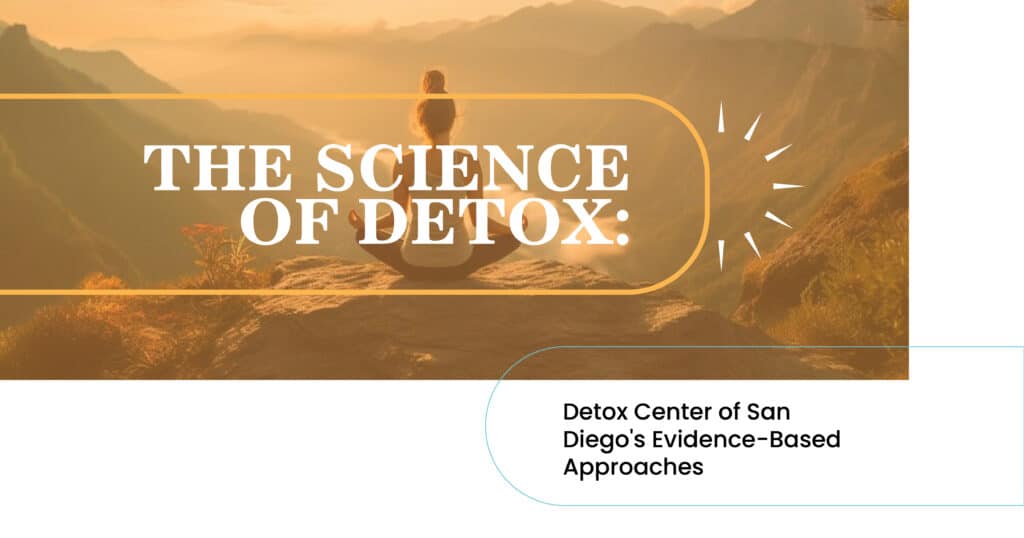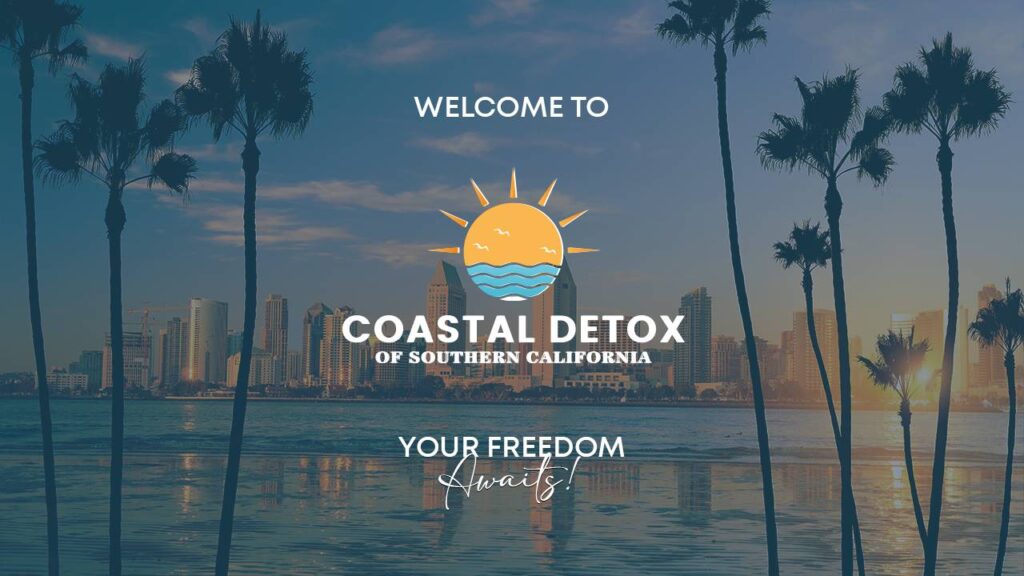
Detoxification, often referred to as detox, is a crucial first step in the journey towards sobriety. It involves cleansing the body of harmful substances and breaking free from the grips of addiction. While detox can be challenging, evidence-based approaches have proven to be effective in providing the necessary support and care to individuals seeking recovery. In this comprehensive guide, we will explore the different evidence-based approaches of detox and how they can help you achieve lasting sobriety.
Understanding Detox: What You Need to Know
Detoxification is the process by which the body eliminates toxic substances accumulated from drug or alcohol abuse. It is essential to undergo a supervised detox to ensure safety and mitigate withdrawal symptoms. Evidence-based approaches of detox focus on providing holistic care and support to individuals during this crucial phase of recovery.
Medical Detox: Ensuring Safe Withdrawal
Medical detox is an evidence-based approach that involves the use of medications to help individuals safely withdraw from substances. A team of medical professionals closely monitors and assists patients throughout the detox process, ensuring their well-being. Medications are administered to manage withdrawal symptoms and reduce discomfort, making the process more manageable. Medical detox significantly improves the safety and success rates of detoxification.
Behavioral Therapy: Addressing Underlying Issues
Detox is not just about eliminating substances from the body; it is also about addressing the underlying issues that contribute to addiction. Evidence-based behavioral therapies, such as cognitive-behavioral therapy (CBT) and dialectical behavior therapy (DBT), are crucial components of detox programs. These therapies help individuals understand the root causes of their addiction, develop coping mechanisms, and learn healthier ways to manage stress and emotions.
Supportive Environment: Empathy and Understanding
Creating a supportive environment during detox is essential for individuals to feel heard, understood, and cared for. Evidence-based detox programs prioritize creating a compassionate and empathetic atmosphere where individuals can freely express their thoughts and emotions. Supportive environments foster a sense of belonging, reduce feelings of isolation, and encourage individuals to remain committed to their recovery.
Evidence-Based Approaches for Effective Detox
Medication-Assisted Treatment (MAT): Combating Cravings
Medication-assisted treatment (MAT) is an evidence-based approach that combines medications with behavioral therapies. MAT is especially beneficial for individuals with opioid or alcohol addiction. Medications such as methadone and buprenorphine help reduce cravings, manage withdrawal symptoms, and normalize brain chemistry. By incorporating medication into the detox process, MAT significantly enhances the chances of successful recovery.
Motivational Interviewing: Instilling Hope
Motivational interviewing is an evidence-based counseling approach that helps individuals resolve ambivalence towards change and instills hope in the recovery process. This approach employs empathetic listening, non-judgmental communication, and collaborative goal-setting to evoke clients’ intrinsic motivation for change. Motivational interviewing assists individuals in overcoming the initial resistance to detox and provides them with the confidence to pursue long-term recovery.
Frequently Asked Questions about Detox
How long does detox typically last?
The duration of detox varies depending on factors such as the substance of abuse, individual physiology, and the severity of addiction. While some individuals may complete detox in a few days, others may require several weeks. It is essential to prioritize individual needs and ensure a safe and comprehensive detox process.
Can detox be done at home?
Detox should ideally be done under medical supervision to ensure safety and mitigate potential risks. Medical professionals can closely monitor individuals, administer medications when necessary, and provide the necessary support to manage withdrawal symptoms effectively.
Are evidence-based approaches to detox more effective than other methods?
Evidence-based approaches to detox have been extensively researched and proven to be effective in promoting successful recovery. These methods combine medical intervention, behavioral therapies, and holistic care to address the physical, psychological, and emotional aspects of addiction.
Achieving Lasting Sobriety with Evidence-Based Approaches of Detox
In conclusion, evidence-based approaches of detox offer a comprehensive and effective path to recovery. Through medical detox, behavioral therapies, supportive environments, medication-assisted treatment, and motivational interviewing, individuals can overcome addiction and achieve lasting sobriety. It is crucial to seek professional help and access evidence-based detox programs that provide the necessary care, support, and treatment to ensure a successful journey towards a healthier and happier life.








